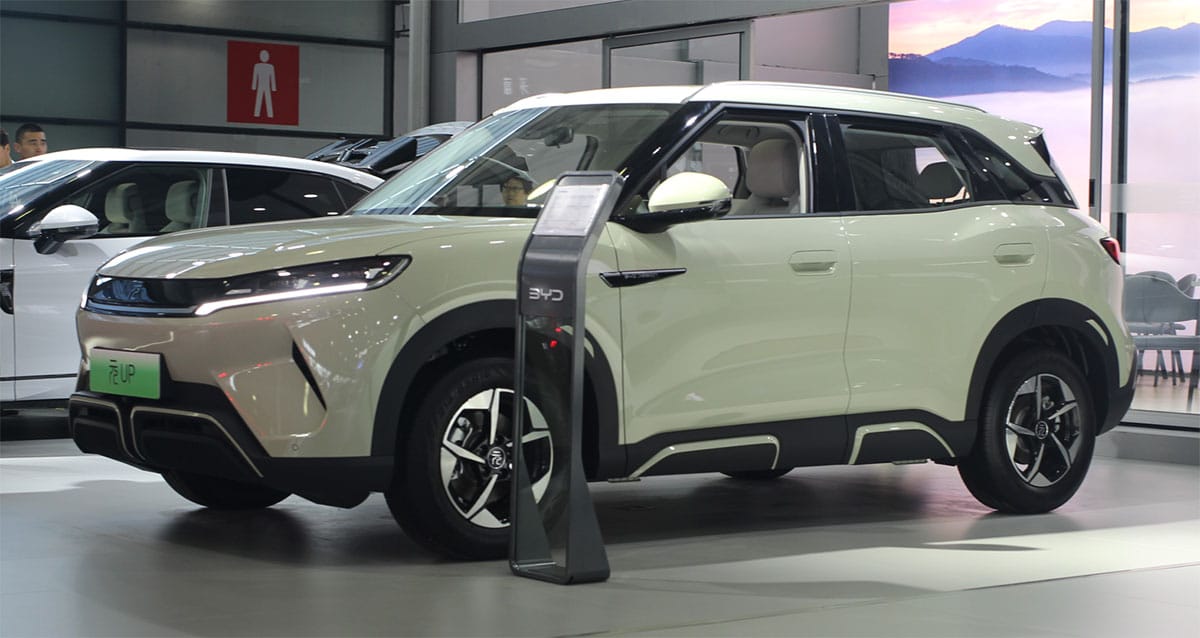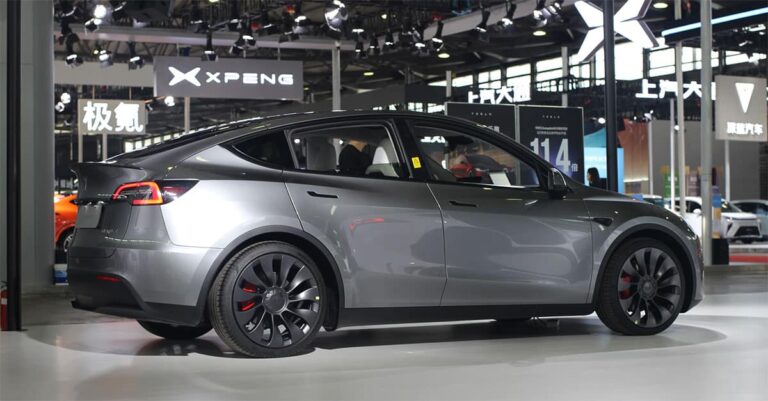BYD is asking some of its passenger car suppliers to lower their parts quotes, as it expects competition in the NEV market to be fiercer in 2025.

BYD (HKG: 1211, OTCMKTS: BYDDY) is asking some of its suppliers to lower their product quotations starting next year, signaling a possible continuation of price competition in China's new energy vehicle (NEV) sector.
BYD is asking suppliers of its passenger car products to cut prices for the products they supply by 10 percent from January 1, 2025, local media outlet Sina Tech said in a report today, citing an internal email.
BYD expects competition in the NEV market to be fiercer in 2025, and in order to enhance the competitiveness of its passenger cars, the entire supply chain needs to work together and continue to cut costs, the report said, citing the email.
The company is asking suppliers to look for room to cut costs and submit their reduced offers to it by December 15, according to the report.
Asked to confirm the authenticity of the email, BYD told Sina Tech that the company is in the process of verifying it.
Li Yunfei, BYD's general manager of branding and public relations, later said on Weibo that annual price bargaining with suppliers is a customary practice in the auto industry.
“We put forward a price reduction target to suppliers based on scaled mass purchasing. This is not mandatory, and we can negotiate to move forward,” Li wrote.
He didn't mention more details, including whether BYD asked suppliers to cut prices by 10 percent.
Screenshots of the email are already circulating on Chinese social media platforms, stating that BYD sold more than 3.25 million units from January to October and is expected to exceed 4.2 million units for the whole of this year.
BYD's continuous sales breakthroughs are due to technological innovation, scale advantages and low-cost supply chain, the email reads.
Tencent News cited an industry source as saying that BYD's bargaining power over its supply chain climbs as its sales increase from 2023.
It's not uncommon for the company to demand price cuts from suppliers, typically asking for 10-20 percent reductions per year, the person said.
BYD's purchases are so large that unless the supplier is in a strong position and the carmaker can't find a replacement, it has no choice but to comply, according to the person.
In the automotive industry, where this situation is common, the only thing suppliers can do is to gain as many customers as possible and spread the risk, the person said.
Separately, China Securities Journal later reported, citing documents obtained from automotive supply chain sources, that SAIC Motor's subsidiary SAIC Maxus also sent a letter to its suppliers on November 25, setting a goal of reducing parts costs by 10 percent.
BYD sold 502,657 NEVs in October, surpassing the 500,000 mark for the first time and marking the fifth consecutive month of record highs, according to data released on November 1.
In the January-October period, BYD sold 3,250,532 NEVs, up 36.49 percent year-on-year.
If BYD's sales in November and December stay near October's levels, full-year sales are expected to reach about 4.3 million vehicles, representing a 42 percent increase from 3.02 million in 2023.
From August to October, BYD added nearly 200,000 units to its production capacity, the company's executive vice president, He Zhiqi, said on November 2 on Weibo.
He didn't specify, but the nearly 200,000-unit capacity increase would be monthly capacity. BYD's monthly sales grew from about 370,000 units in August to 500,000 units in October.
BYD's latest move means the fierce price competition in China's NEV industry is expected to continue next year.
Before that, Tesla (NASDAQ: TSLA) announced on November 25 that Chinese customers ordering two lower-priced variants of the Model Y before December 31 could get an RMB 10,000 yuan ($1,380) reduction when they make their final payment.
Meanwhile, Tesla in China has further extended the five-year, 0 percent interest financing incentive that applies to all variants of the Model 3 and Model Y until December 31, according to its Chinese website.
($1 = RMB 7.2563)
